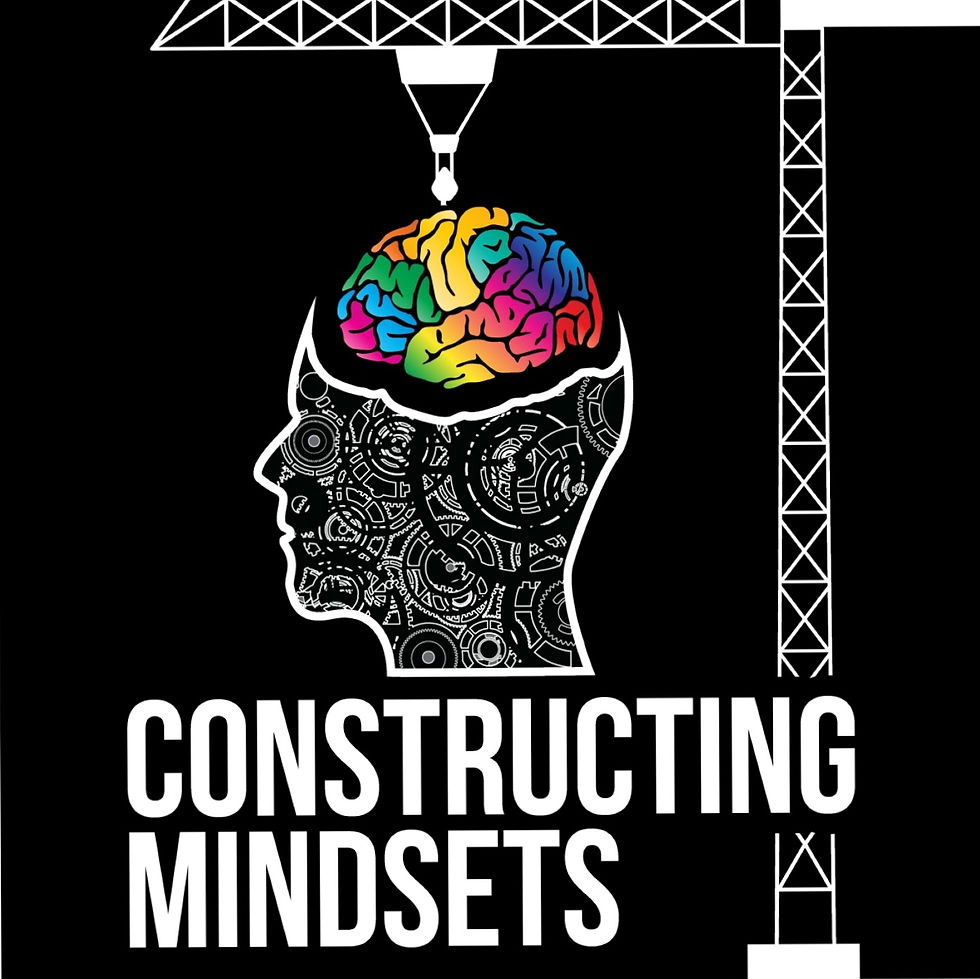Welcome to Constructing Mindsets!
- Hannah Schaapkens

- Jan 11, 2020
- 3 min read
Updated: May 27, 2020
Mental health issues are becoming more and more prevalent in our everyday life.
It is being discussed more than ever before, options for support are opening up but the number of recorded cases is also increasing. Support is still in its early days, it requires the individual to be in a space to ask for help and once they are brave enough to do that, sometimes it takes months to get support. The support that is available is amazing but limited. It doesn’t quite span the cultural mix we have here in the UK and often isn’t in a form that is conducive to certain work environments.
You can see this in Construction. They are long days and there are an immense amount of targets to be met. Can you really take a few hours out to get therapy or regularly see a doctor? Do you have enough time to sleep and properly wind down? Can you easily leave your troubles at work? Probably not for the majority of us. But we also can’t afford to be unproductive and currently, the biggest hit to companies in regards to mental health is not days off work but rather a lack of productivity.
The worst bit about it? So many cases could be prevented.
The challenge is understanding how best to support prevention and in the case of an incident, support the recovery properly. This is what we hope to discuss on the Constructing Mindsets podcast. What are the limitations to mental health support? Are there preventative measures we can put in place? What needs to change about the way we work to prevent the high numbers of mental ill health that are so present in our industry?
Facts:
Male site workers in construction are 3 times more likely to commit suicide than the average UK Male.
Between 2011 and 2015 the Office of National Statistics found that out of over 13,000 in-work suicides, more than 13% were construction and trade related. Shocking considering that construction workers only makes up approximately 7% of the UK workforce.
Suicide kills more construction workers than falls.
In a 2017 survey, 73% construction workers felt their employers did not recognise the early signs of mental health. Consequently, 23% of those surveyed were considering leaving the industry, in the next 12 months, due to poor mental health.
These facts show that the culture in our industry in regards to mental health needs to change. We have done an amazing job changing the culture around physical safety so we know this is a change we can make.
Part of building a good culture around mental health is opening up the conversation. We are hoping our podcasts are starting to do that but we also understand that a conversation isn’t just listening. This web page and blog is to encourage other forms of communication – writing and discussion. We hope to fill these pages with supplement information of what we talk about in our podcasts, provide any useful information we have found plus any tips and support networks you might find useful.
Conversations are not one sided, so it is important to us to include all of you in the conversation so please comment or contact us to provide feedback, discuss a topic further or provide a guest blog.
It is really important to us that we are creating something that helps you.
We hope the content we are providing helps.
Thanks for listening and supporting us in this movement. Remember, take a minute to check in with yourself every day and ask yourself if you are okay and do you need help.

Comments